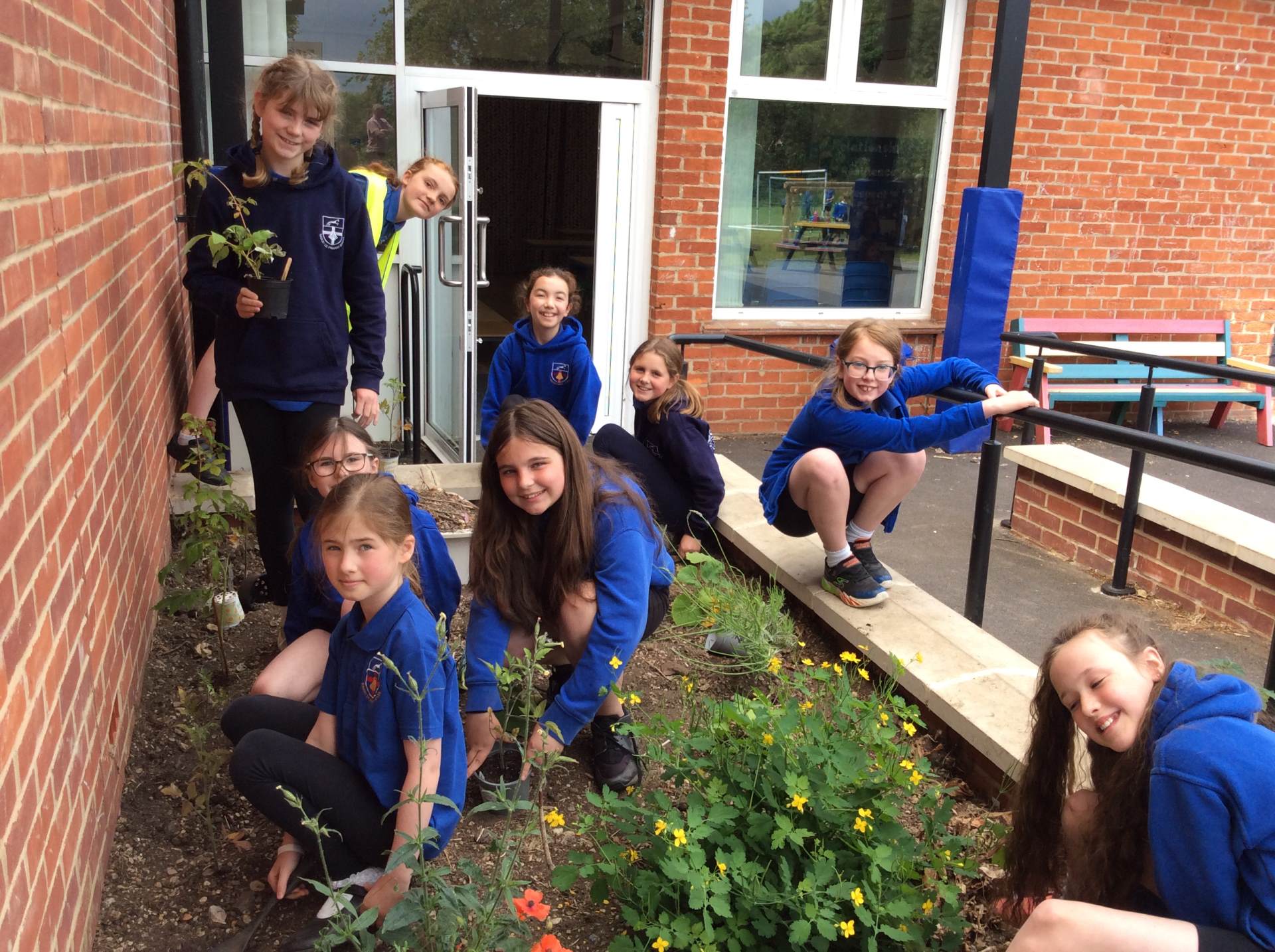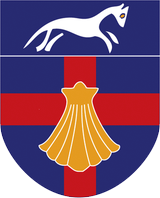Science

Intent
A Broad and Balanced Curriculum
Our intent is to provide a Science curriculum that is broad and balanced, with clear progression of knowledge and skills. It should give all the opportunity to develop a strong foundation in scientific concepts, enquiry skills, and critical thinking.
Accessible and Inclusive Science Education
We aim to ensure that Science education is accessible and inclusive for all children, regardless of their background or abilities. It should foster curiosity, creativity, and a love for Science, equipping pupils with the skills needed to engage with the subject throughout their lives.
Real-World Relevance
It is important that we make Science learning relevant and meaningful by connecting it to real-world contexts, ensuring children understand the applications and importance of Science in their everyday lives. This encourages pupils to see science as a relevant and exciting subject.
Implementation
Strong Leadership and Collaboration
Leadership establishes a shared vision for Science education across the school, ensuring it is given appropriate emphasis and priority in planning, resourcing, and decision-making. Collaboration between the Science lead, senior leaders, and subject-specific professionals helps establish best practices and drive improvement.
High-Quality Teaching and Learning
Our Science teaching involves providing challenging, well-structured lessons that inspire and engage pupils. Teachers ensure pupils are actively involved, encouraging hands-on practical investigations, experimentation, and critical thinking. They use a range of resources, including scientific models, multimedia, and visits to enrich the learning experience.
Assessment for Learning
Formative assessment is crucial in our Science curriculum. Teachers use a range of assessment strategies such as questioning, observation, and tasks to identify pupils' misconceptions, tailor instruction, and provide timely feedback. Regular assessment allows teachers to track progress and address any potential gaps in learning.
Cross-Curricular Integration
Our Science curriculum based on (Cornerstones 22) promotes cross-curricular links, integrating Science with other subjects wherever possible. Opportunities for applying scientific knowledge and skills in real-life contexts are identified and utilised. For example, using mathematics skills to analyse scientific data or using English skills to effectively communicate scientific findings.
Impact
Our approach to Science should have a significant impact on pupils' learning experiences, attitudes towards Science, and their future endeavours.
The impact can be observed in the following areas:
High Standards of Achievement
Pupils demonstrate consistently high standards of scientific knowledge, conceptual understanding, and skills across different topics and year groups. They are able to apply their knowledge to a range of scientific problems and articulate their understanding effectively.
Positive Attitudes and Engagement
Pupils show enthusiasm, curiosity, and confidence in Science lessons. They actively participate in practical activities, discussions, and investigations. Pupils demonstrate a passion for Science and an eagerness to explore new concepts, fostering lifelong learning.
Progress and Differentiation
Pupils make rapid progress within Science, irrespective of their starting points. Differentiation strategies are effectively employed, catering to the needs of pupils with varying abilities and ensuring no one is left behind. Pupils are challenged, encouraged to think independently, and take ownership of their scientific learning.
Broadened Horizons and Career Aspirations
Our Science curriculum broadens pupils' horizons, exposes them to the diverse fields of Science, and raises career aspirations. Pupils understand the relevance of Science in the wider world and are inspired to consider scientific careers or engage with Science beyond their school years.
Science LTP 23 24



